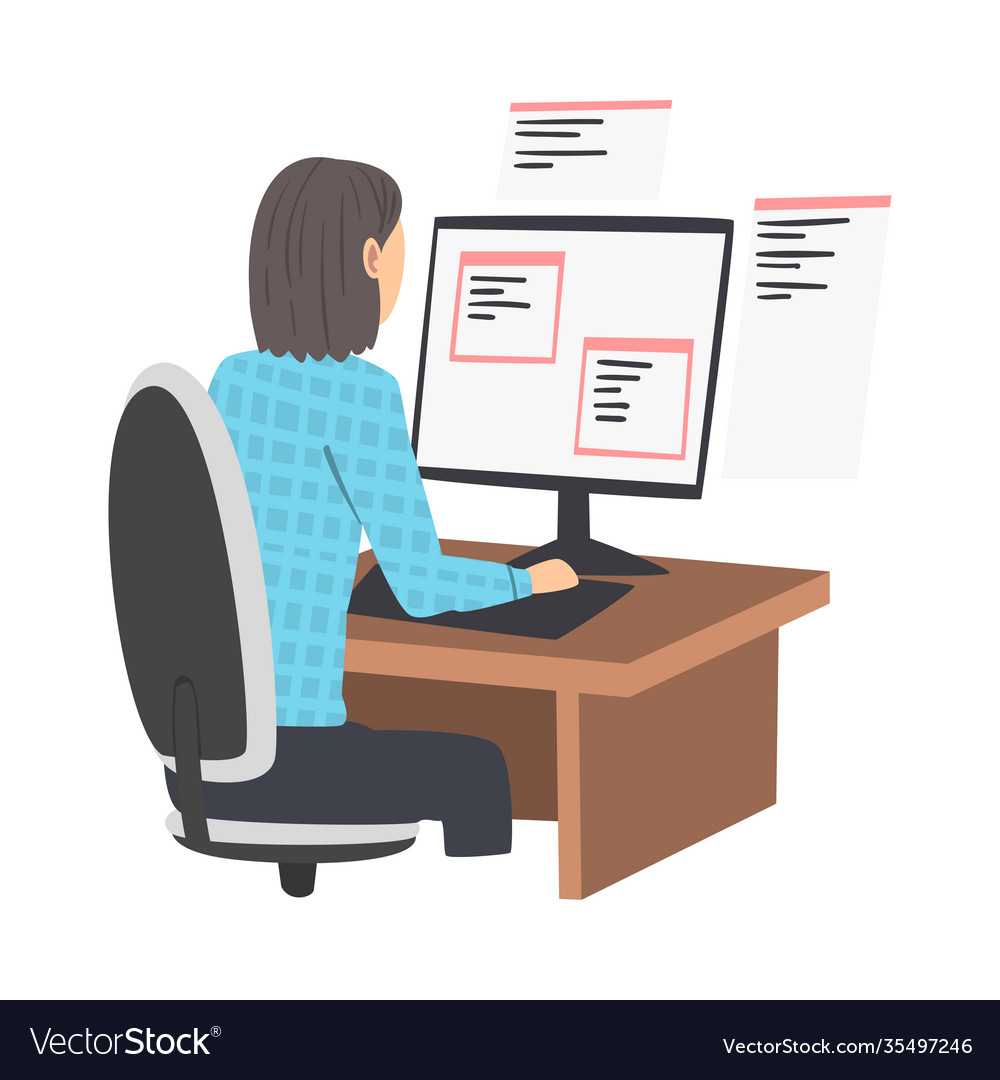Why Selecting the Right Software Development Partner Can Transform Your Project
Wiki Article
Committed Developers vs. In-House Teams: Which Is Right for You?
The choice between making use of specialized designers and preserving an internal group is a significant one that can influence the trajectory of your projects and overall service method. On the other hand, in-house groups add to a natural business culture and a nuanced understanding of lasting goals.Understanding Committed Developers
The growing need for specialized abilities in the tech sector has caused the introduction of devoted designers as a sensible solution for lots of organizations. These experts are normally gotten on a project basis, enabling companies to utilize details know-how without the long-term commitment connected with full-time hires. Committed programmers are usually ingrained within a client's group, providing versatility and scalability to satisfy project requirements.This model permits organizations to access an international talent swimming pool, which is especially helpful in a swiftly developing technological landscape. Committed designers can be sourced from various geographical places, guaranteeing that firms can find the best capability at competitive prices. They often bring a wide range of experience and understanding, having actually serviced diverse jobs throughout various sectors.
Additionally, committed developers can focus specifically on the jobs handy, improving efficiency and effectiveness. They are equipped to integrate flawlessly right into existing operations, working together closely with internal groups to achieve task goals. This method not just lowers the worry of recruitment and training yet likewise allows companies to remain dexterous, adapting promptly to altering market demands and technological advancements.
Benefits of In-House Teams

Moreover, internal groups tend to have a deeper understanding of the business's objective, values, and objectives. This positioning can improve employee interaction and motivation, as staff member really feel extra attached to their work and the company's success. In addition, having a committed internal team allows for better placement of techniques and objectives, as these members are consistently focused on the firm's concerns.
Internal groups also promote quicker decision-making processes, as they can react more swiftly to adjustments and challenges. The well-known connections and familiarity with company procedures enable streamlined process and minimized miscommunication. Eventually, the combination of a cohesive society, placement with business goals, and efficient interaction makes in-house teams a valuable property for many organizations, especially those wanting to grow lasting growth and innovation.
Expense Considerations
When assessing price factors to consider, both dedicated programmers and in-house groups existing distinct monetary implications for organizations. Involving specialized designers usually involves a pay-per-project or hourly price model, which can be affordable for companies with fluctuating task needs. This technique permits versatility in scaling sources up or down, making certain that business only spend for the services they need.On the other hand, internal groups entail dealt with costs, including wages, advantages, and overhead expenses such as workplace room and devices. While this version offers higher control and prompt accessibility of sources, it might bring about greater long-term expenditures, particularly if the work does not warrant a full time personnel.
In addition, companies should consider the covert expenses connected with recruitment and training of in-house employees, which can further strain spending plans. In some instances, the moment and sources invested in managing an internal team can interfere with the organization's core organization objectives.

Job Administration and Versatility
Project management and flexibility are essential elements that influence the choice in between in-house teams and dedicated programmers. Dedicated designers normally offer a high degree of versatility, permitting companies to range sources up or down based upon project demands. This dexterity can be specifically useful for services experiencing rising and fall work or those looking for to innovate rapidly. Dedicated teams usually have actually established processes for handling tasks properly, leveraging certain methodologies like Agile or Scrum, which help with repetitive progression and adaptability.
Ultimately, the choice between internal groups and devoted programmers pivots on the preferred degree of flexibility and the certain project administration needs. Companies should assess their functional dynamics, job intricacy, and resource accessibility to determine which choice lines up ideal with their calculated objectives.
Making the Right Choice
Selecting the right advancement technique-- devoted developers or internal teams-- needs a mindful analysis of various aspects that straighten with a company's tactical objectives. software engineering staffing. Initially, consider the nature of the project. If it requires specialized abilities or a fast scale-up, devoted developers might be more appropriate. On the other hand, internal teams can supply far better continuity and assimilation google flutter with existing personnel.Following, assess your budget plan. Dedicated programmers often provide a cost-effective remedy for short-term tasks, while internal teams may sustain greater long-term expenses as a result of incomes, benefits, and overhead prices. Evaluate the degree of control and partnership desired; in-house groups normally foster stronger communication and alignment with firm culture.
Furthermore, think about the time structure. If prompt outcomes are essential, dedicated programmers can be onboarded quickly, whereas building an internal team takes time for employment and training. Weigh the lasting vision of your organization. Investing in an in-house team might produce far better returns over time if constant advancement is essential. Ultimately, the choice depends upon an extensive evaluation of these factors, ensuring placement with your firm's overall goals and operational requirements.
Conclusion
To conclude, the choice between committed developers and in-house groups rests on task needs and organizational goals. Dedicated developers give versatility and specific knowledge, making them ideal for short-term initiatives. Conversely, internal teams grow a natural culture and much deeper alignment with long-term goals. Mindful examination of budget constraints, task timelines, and wanted control degrees is important for establishing the most ideal approach, guaranteeing placement with calculated priorities and functional efficiency.The decision between using devoted developers and keeping an in-house team is a considerable one that can impact the trajectory of your jobs and overall company method.Project administration and adaptability are vital aspects that affect the option in between internal teams and devoted developers. software development staff augmentation.In contrast, internal groups might excel in maintaining a consistent task management structure due to their experience with the company's society and long-term objectives. Devoted developers typically offer an economical remedy for temporary tasks, while in-house groups might incur greater long-lasting expenses due link to wages, advantages, and overhead costs.In final thought, the choice in between committed programmers and internal groups pivots on job requirements and organizational goals
Report this wiki page